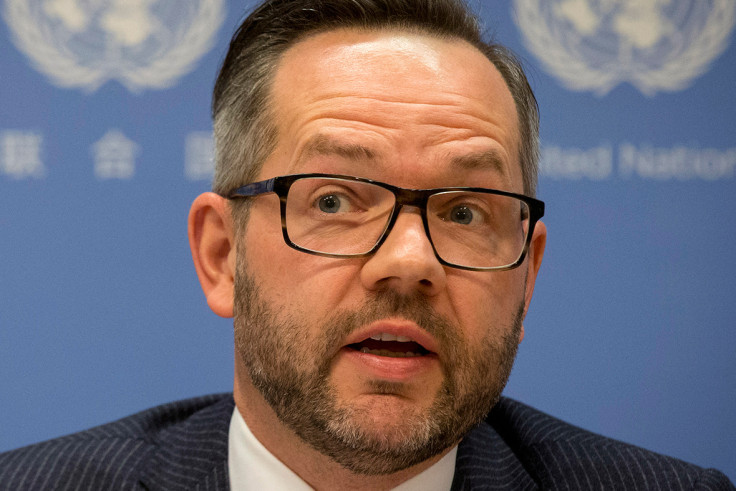Britain could strike 'special status' in EU relationship but divorce proceedings must start soon
Germany's European Affairs Minister said it could be possible given Britain's 'significance'.

Britain's future relationship with the European Union (EU) could be given "special status", Germany's European Affairs Minister has said. Michael Roth opened up the possibility of the unique position, but warned that serious discussions could only begin once Britain formally sets divorce proceedings in motion by triggering Article 50.
Theresa May has said she will not invoke Article 50 until next year. The British prime minister has warned cabinet ministers to "stop wasting time" and focus their energy on delivering Brexit following Liam Fox's attempted power grab on parts of the Foreign Office controlled by Boris Johnson. Roth has said that Britain should be ready to commence negotiations by the beginning of 2017.
"Until the end of the year should really be sufficient time to get organised and adjust to the new situation," he told Reuters. "We should not let too much time go by."
The full impact of the weaker pound is starting to be felt in the wake of the Brexit vote on 23 June. UK inflation hit a 20-month high in July as it rose to 0.6% from 0.5% in June, official figures showed.
European leaders are keen for Britain to start divorce proceedings swiftly, with Roth saying "there can't be any British members in the next European Parliament." The next European Parliament elections are due to be held in 2019.
But the Social Democratic Party member acknowledged that a Switzerland or Norway-type deal with the EU is unlikely to suit the UK. The Social Democratic Party is the junior partner in German Chancellor Angela Merkel's coalition.
"Given Britain's size, significance and its long membership of the European Union, there will probably be a special status which only bears limited comparison to that of countries that have never belonged to the European Union," said Roth.
"I want relations between the European Union and Britain to be as close as possible," he said, but warned: "There cannot be any cherry picking."
May has previously said that Britons sent "a very clear message that they do not want free movement to continue as it has in the past" in the EU referendum. But Roth said he could not envisage a scenario in which Britain retains access to the single market while limiting the free movement of people – one of the four founding principles of the EU.
"I can't imagine that," said Roth. "The free movement of workers is a highly prized right in the European Union and we don't want to wobble on that."
© Copyright IBTimes 2025. All rights reserved.





















